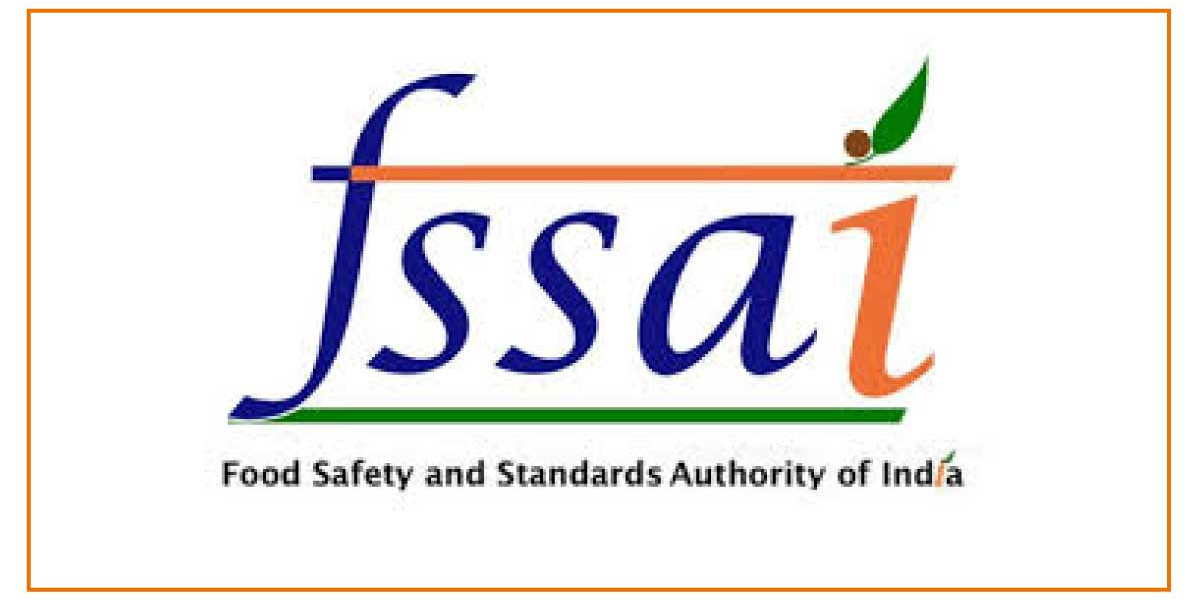Food safety is one of the most important aspects of running any food-related business in India. To regulate this, the Food Safety and Standards Authority of India (FSSAI) makes it mandatory for all food operators to obtain a license. Understanding the types of FSSAI registration is crucial because the license you need depends on your business size, turnover, and operations. This article explains all the categories of FSSAI registration in detail.
What is FSSAI Registration?
FSSAI registration is a legal requirement for businesses engaged in the manufacturing, storage, transport, or distribution of food. It ensures that the food is safe, hygienic, and fit for consumption. Different types of FSSAI registration apply to small vendors, medium enterprises, and large-scale food companies.
Types of FSSAI Registration
1. FSSAI Basic Registration
Who needs it? Small food businesses with an annual turnover of up to ₹12 lakhs.
Examples: Petty food manufacturers, hawkers, small retailers, temporary stall holders.
Validity: 1 to 5 years (renewable).
2. FSSAI State License
Who needs it? Medium-sized food businesses with turnover between ₹12 lakhs and ₹20 crores.
Examples: Mid-sized restaurants, food product traders, transporters, small to medium manufacturers.
Validity: 1 to 5 years (renewable).
3. FSSAI Central License
Who needs it? Large food businesses with turnover above ₹20 crores, or those involved in import/export of food products.
Examples: Large manufacturers, exporters, importers, airports, seaports, large-scale food chains.
Validity: 1 to 5 years (renewable).
Key Differences Between Types of FSSAI Registration
| Category | Turnover Limit | Examples | Issuing Authority |
|---|---|---|---|
| Basic Registration | Up to ₹12 lakhs | Small vendors, hawkers | Local authority |
| State License | ₹12 lakhs – ₹20 crores | Mid-sized restaurants, traders | State authority |
| Central License | Above ₹20 crores / Import-Export | Large manufacturers, exporters, importers | Central authority (FSSAI) |
Benefits of FSSAI Registration
Apart from legal compliance, getting the right type of FSSAI registration provides:
Consumer trust and brand credibility.
Access to government tenders and funding.
Business expansion opportunities (franchising, exports).
Better quality control and hygiene standards.
Conclusion
Choosing the correct types of FSSAI registration depends on your business size, turnover, and operations. Whether you are a small vendor or a large manufacturer, registering under FSSAI ensures compliance with food safety laws, builds consumer trust, and allows smooth business operations.
Need help with FSSAI Registration? Taxlegit’s experts can guide you through the right category, prepare documents, and complete the process hassle-free.














